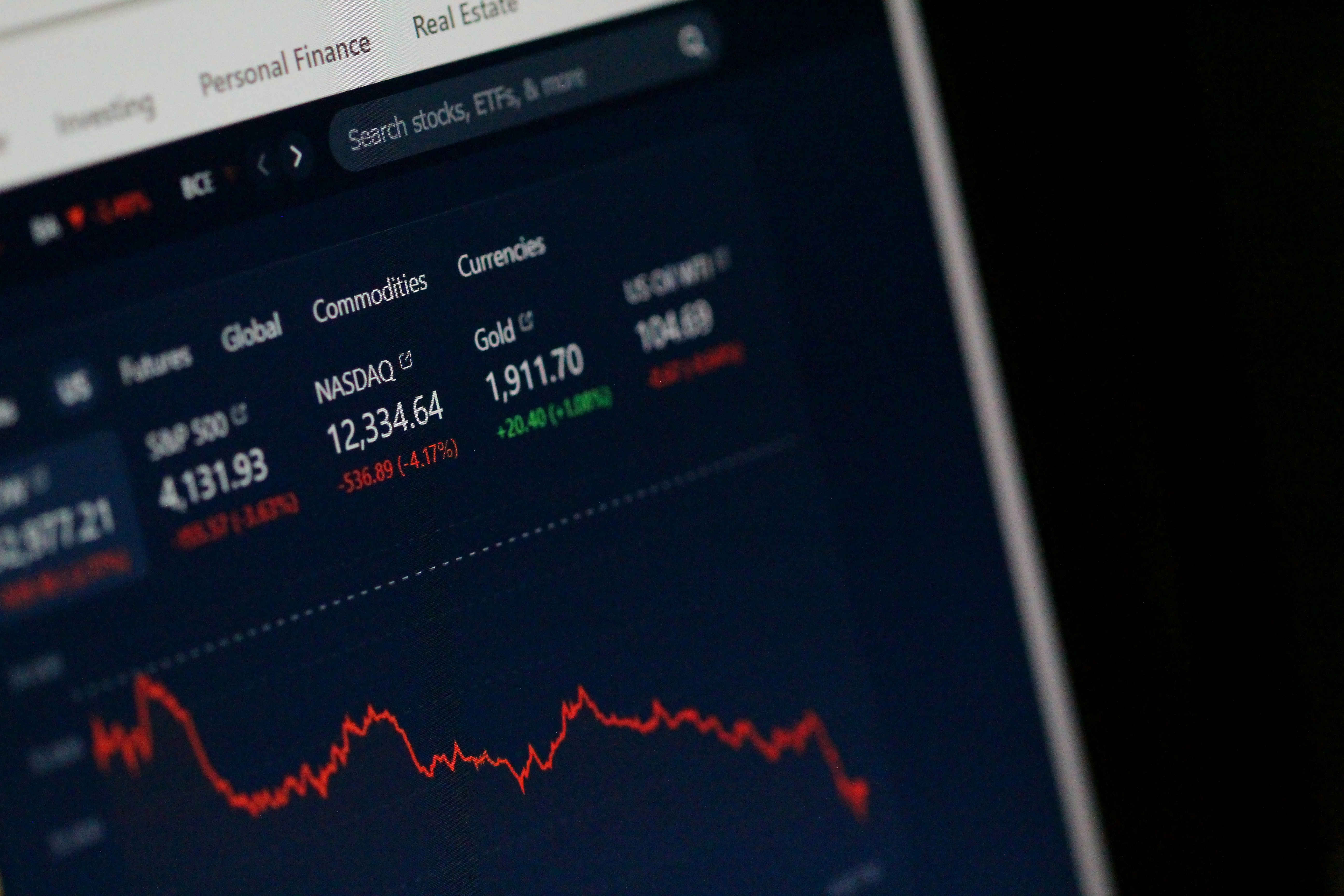In the past fifteen years, Indonesia has undergone a steady digital transformation. The Association of Indonesian Internet Providers (APJII) estimates that the number of Indonesians connected online has risen from around 88.1 million in 2014 to 221.5 million in 2024. Meanwhile, a 2023 report by Google, Bain, and Temasek estimates that the size of the country’s internet economy is expected to grow from US$82 billion in 2023 to up to US$360 billion in 2030. Given its potential, the Indonesian government has been banking on the transformative powers of digital technology to boost economic growth and address many of the nation’s economic and social ills. However, growing internet interconnectivity has further exposed the country to cyber-enabled threats. These problems are further exacerbated by a more crowded cyber threat landscape that is characterised by the proliferation of cybercriminals, cyber mercenaries, and malign state forces utilising cyber tools to secure economic and strategic goals.








